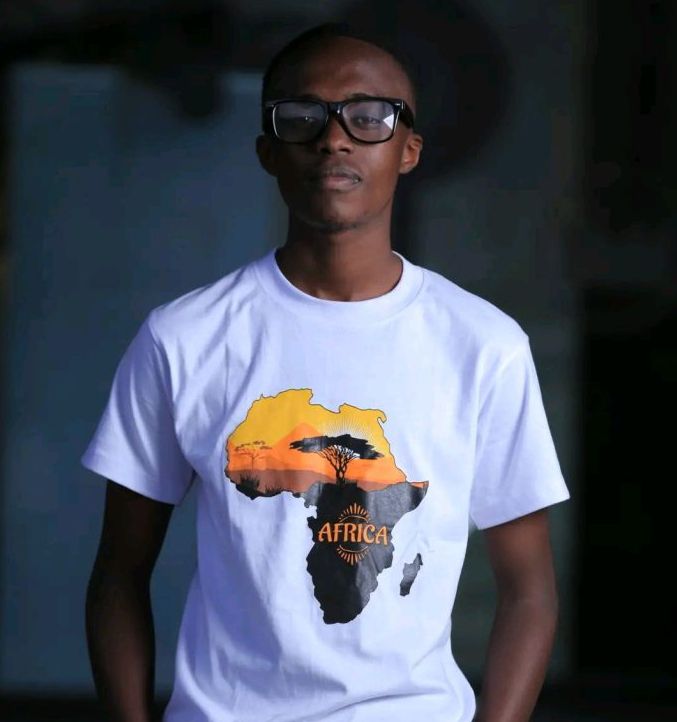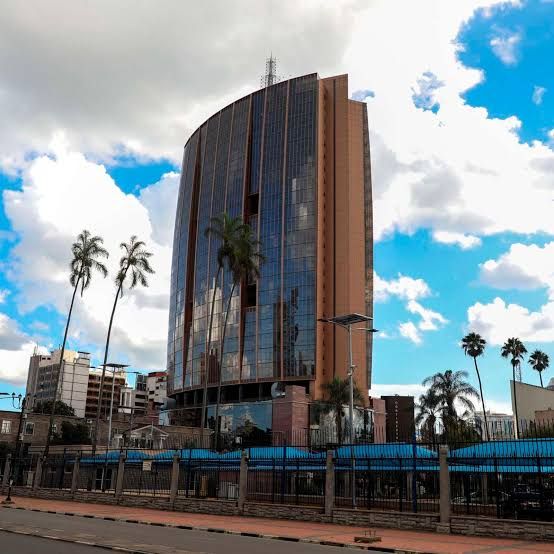

In several African countries, including Nigeria, Ghana, Zimbabwe, Zambia, and Uganda, it is illegal for civilians to wear camouflage clothing. This prohibition has raised questions about its rationale, enforcement, and implications for civilian attire and national security.
The ban on civilians wearing camouflage attire stems from various reasons, including concerns about impersonation, national security, and cultural significance. Camouflage clothing is often associated with military personnel and law enforcement agencies, and allowing civilians to wear such attire could potentially lead to confusion during security operations. Additionally, unauthorized individuals wearing camouflage may pose security risks by impersonating military or security personnel for nefarious purposes.
Moreover, in some African countries, the use of camouflage patterns holds cultural and historical significance. These patterns may be reserved for specific military units or carry symbolic meaning related to national identity and sovereignty. Allowing civilians to wear camouflage clothing could be seen as disrespectful or undermining the authority of the military and state institutions.
In Nigeria, for example, the ban on civilian camouflage attire is enshrined in the Criminal Code Act and the Defence Act, with penalties ranging from fines to imprisonment for offenders. Similarly, Ghana’s military regulations prohibit civilians from wearing military-style clothing without authorization, with penalties including fines and confiscation of the attire.
Enforcement of these laws varies from country to country and may depend on factors such as public awareness, law enforcement capacity, and the severity of the offense. In some cases, enforcement may be lax, with authorities focusing on more pressing security concerns. However, there have been instances of crackdowns on civilians wearing camouflage attire, particularly during periods of heightened security alerts or military operations.
Critics of the ban argue that it infringes on individual freedom of expression and fashion choices, particularly in countries where camouflage clothing is popular as casual wear. Additionally, enforcement of the ban can be arbitrary and may disproportionately affect marginalized communities, such as street vendors or fashion designers.
On the other hand, proponents of the ban emphasize the importance of maintaining clear distinctions between military and civilian attire for security and national identity reasons. They argue that allowing civilians to wear camouflage clothing undermines the authority of the military and could potentially compromise security operations.
As African countries continue to grapple with security challenges and strive to maintain stability, the debate over the ban on civilian camouflage attire is likely to persist. Finding a balance between individual rights, cultural practices, and national security imperatives will require careful consideration and dialogue between government authorities, civil society organizations, and the public. Ultimately, the goal should be to ensure that laws and regulations regarding attire are clear, fair, and respectful of both individual freedoms and collective security interests.







